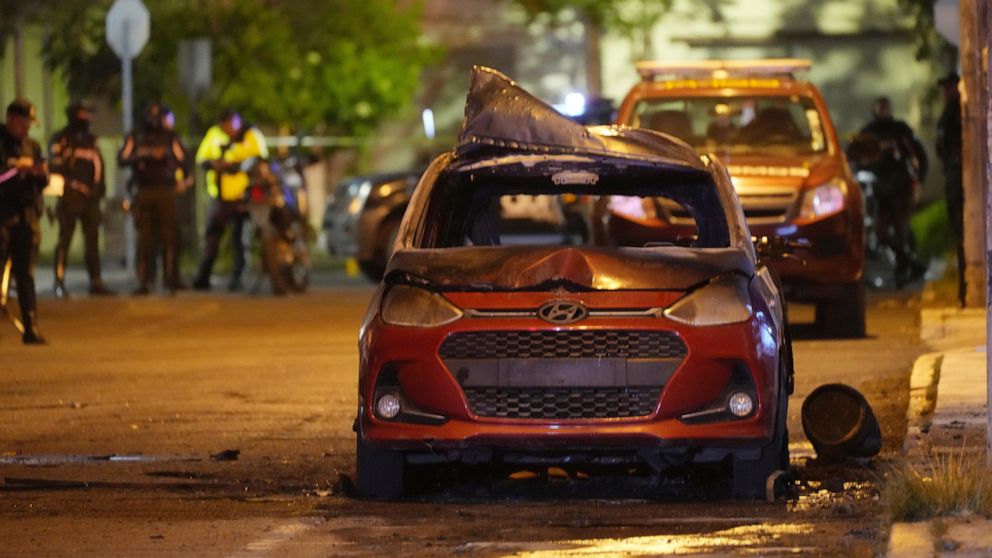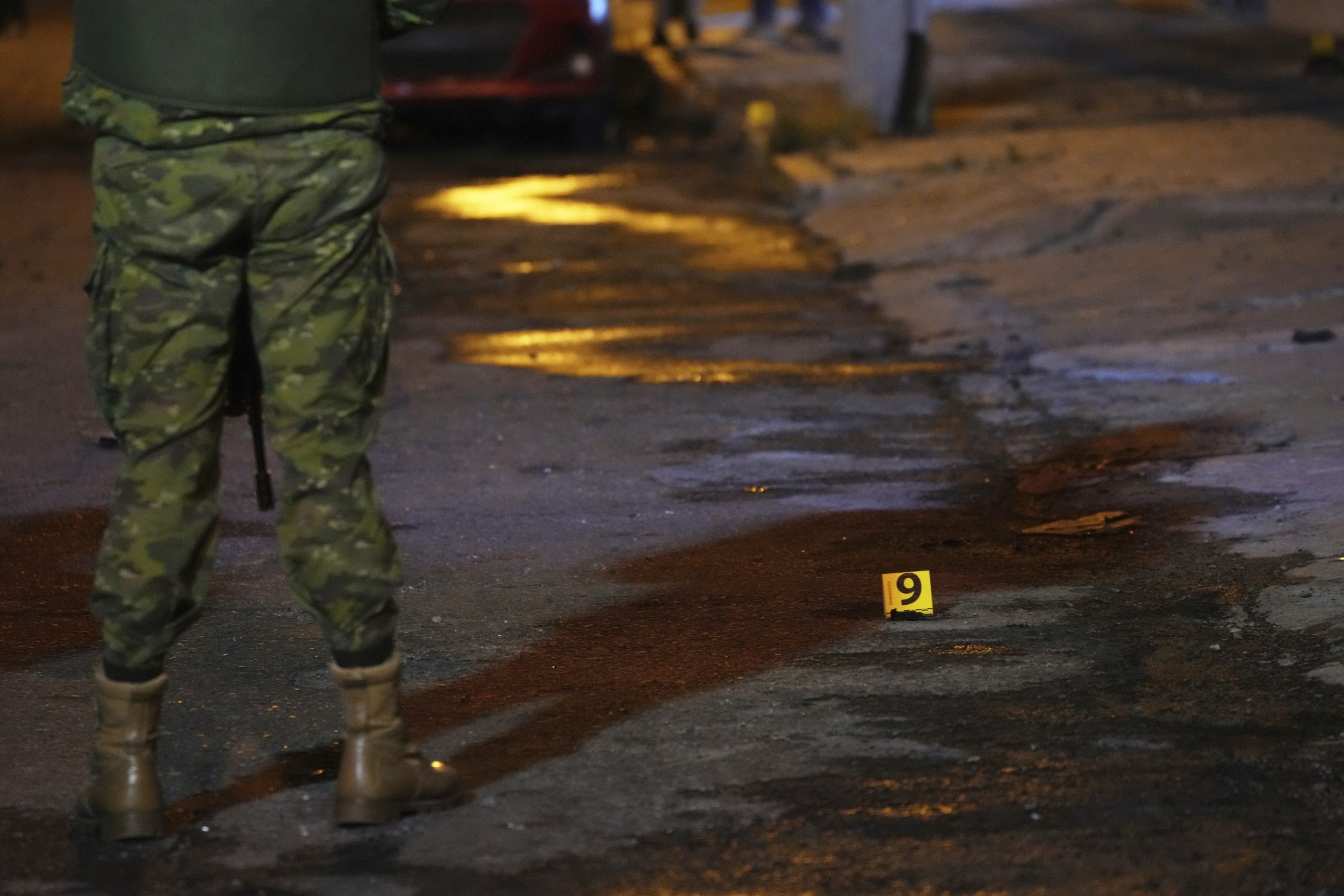Ecuador has been thrust into a state of turmoil as criminal groups respond to government efforts to regain control of its correctional facilities, resulting in the Ecuadorian Hostage Crisis.

Ecuadorian Hostage Crisis Ends: 57 Guards and Officers Freed Safely (Photo: ABC News)
Criminal Groups Release Ecuadorian Hostages Amid Escalating Tensions
In a harrowing turn of crime events featured by The Mercury News, in September 02, 2023, Ecuador witnessed the release of 50 guards and seven police officers who had been held hostage for over a day. This disturbing incident is believed to be a response by criminal groups to the government’s efforts to regain control of several major correctional facilities in the country. The Ecuadorian Hostage Crisis has sent shockwaves across the nation, exposing the challenges authorities face in maintaining law and order.
Ecuador’s corrections system, the National Service for Attention to Persons Deprived of Liberty, confirmed the safe release of the 57 law enforcement officers who were scattered across six different prisons. However, the precise details of their release remain shrouded in mystery. The situation escalated further when criminal groups resorted to explosives, damaging a bridge in yet another act of aggression, marking a series of attacks during the week. Fortunately, no casualties were reported in this latest explosion.
As Ecuador approaches its crucial presidential runoff vote, the challenges of maintaining order and safety have become increasingly paramount. The nation is at a crossroads, with its citizens looking to their leaders to restore security and stability in the face of an escalating crisis. The Ecuadorian Hostage Crisis serves as a grim reminder of the violence that plagues the nation and the pressing need for effective solutions to bring an end to this cycle of terror and uncertainty.
READ ALSO: Financial Crisis Hits Massive US Bank Serving 33 Million Customers, Leaving Them Stranded Without Access To Funds
A Systematic Campaign of Violence: The Ecuadorian Hostage Crisis Dilemma
In a recent report published by CNN, Government officials have identified these violent acts as the work of criminal gangs, many of whose members are incarcerated. They are responding to the government’s efforts to regain control of penitentiaries through inmate relocations, weapon seizures, and other measures. The Ecuadorian Hostage Crisis follows a series of incidents, including four car bombings and multiple explosive devices going off in less than 48 hours. These coordinated attacks, culminating in the dynamite explosion on a bridge linking two cities, are raising serious questions about the state’s ability to prevent such violence.
Security analyst Daniel Pontón has characterized these events as “systematic and clearly planned.” He points out that state intelligence appears to be ineffective in preventing these attacks, potentially orchestrated from within prisons through cellphones. This disturbing trend aims to instill fear in the population and exert influence over Ecuador’s political landscape, particularly as the nation approaches its presidential election on October 15.
With escalating violence and a seemingly inadequate state response, Ecuadorians are now faced with a daunting Ecuadorian Hostage Crisis and unpredictable scenario, threatening the nation’s stability and security.
READ ALSO: Update On Stimulus Program: Direct Payment To Be Sent To Oregon Residents That Worth Average Of $980
























